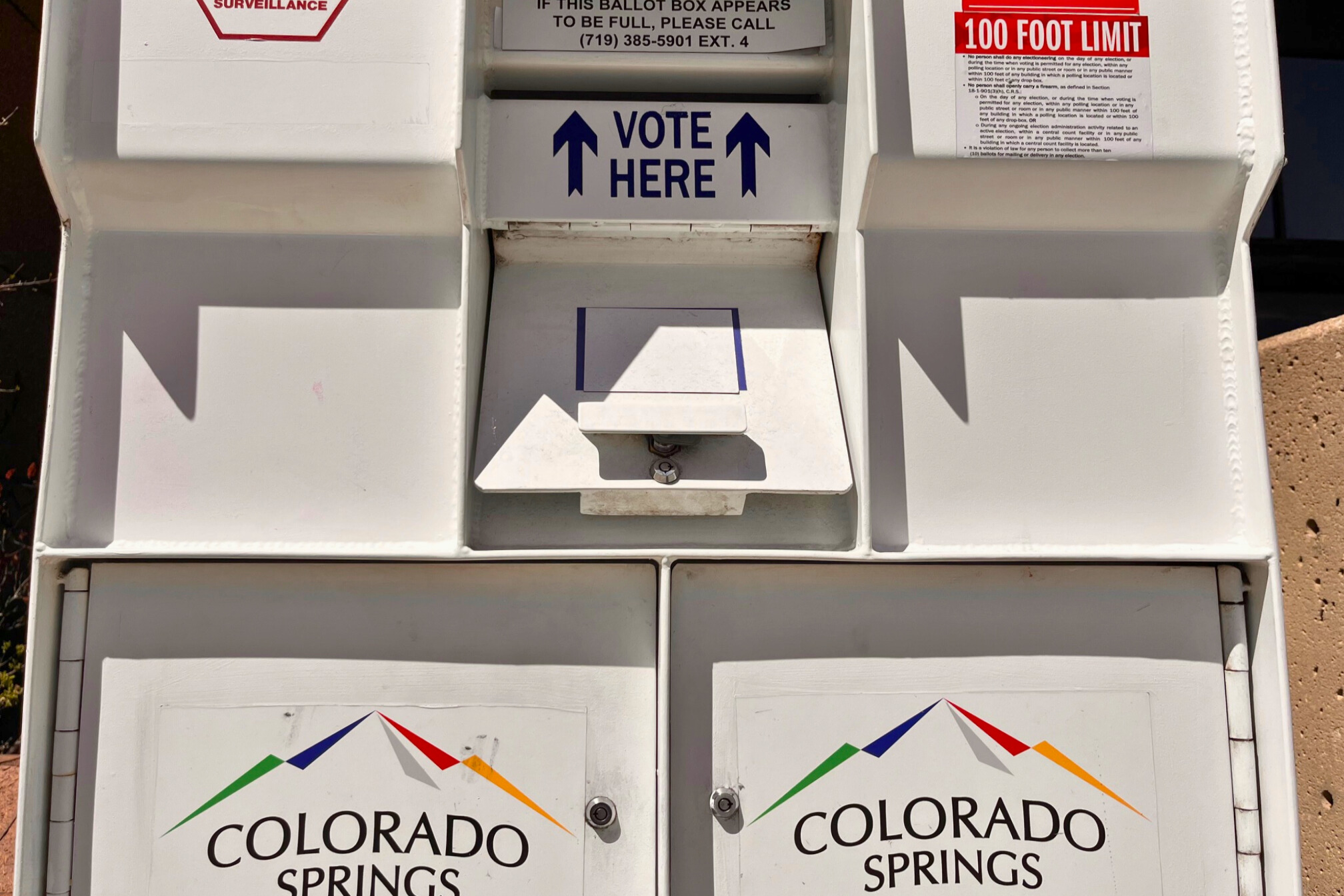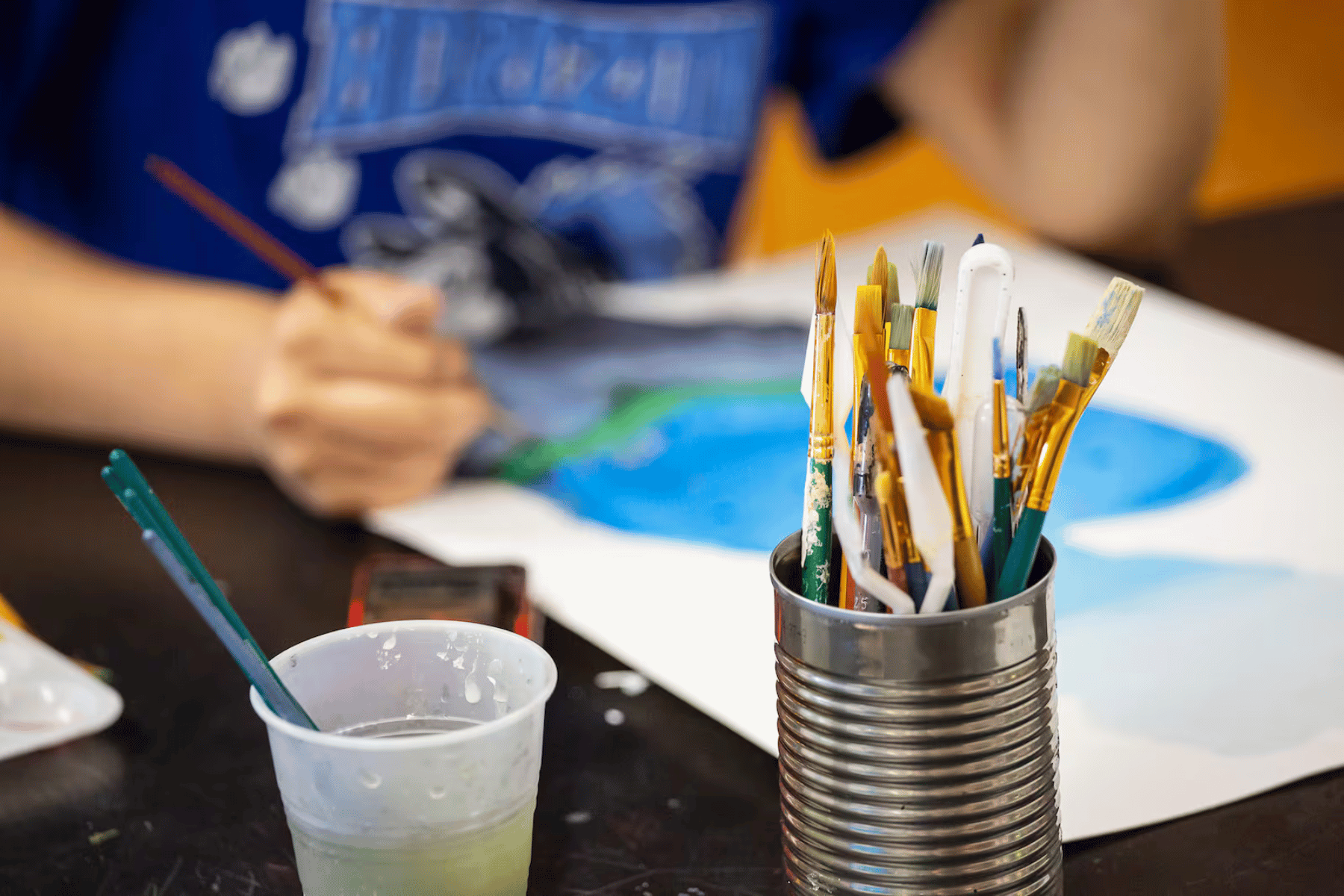On this episode of The Big Something: In-depth Conversation on Culture and Ideas in the Pikes Peak region, we speak with outgoing Museum Director at the Colorado Springs Fine Art Center, Blake Milteer, and his soon-to-be successor, Joy Armstrong; Author Jonathan Marcantoni talks about his new book and the mentorship program that he created for aspiring writers; Author Jeffrey Hobbs speaks with fellow writer Helen Thorpe about his bestselling book, “The Short and Tragic Life of Robert Peace,”; and Big Something intern Madi Howard brings us the story of a new publication devoted to amplifying the voices of the homeless in Colorado Springs.

This past November, the Colorado Springs Fine Arts Center announced that longtime Chief Curator Blake Milteer would be stepping down. Rather than conduct a national search, however, the FAC took the unusual step of promoting one of its own from within. Next summer, when Milteer leaves his post, curator Joy Armstrong, an artist and long time Colorado Springs resident, will take over the creative direction of FAC museum. KRCC’s Noel Black sat down and spoke with both Milteer and Armstrong about the past successes and the challenges going forward.

Writer, editor and UCCS Adjunct Professor Jonathan Marcantoni is committed to helping a new generation of writers find their footing in the rapidly-changing world of publishing. KRCC's Jake Brownell sat down to speak with Marcantoni about his recent novel The Kings of 7th Avenue and his mentorship program for developing writers, called the YOUniversity Project.

Earlier this month, authors Helen Thorpe and Jeff Hobbs came to Colorado College to discuss their writings on urban poverty and inequality. Thorpe is the author of multiple books including Soldier Girls and Just Like Us. Jeff Hobbs is the author of The Tourists: A Novel, and more recently, the New York Times bestseller, The Short and Tragic Life of Robert Peace. In advance of their talk, Thorpe interviewed Hobbs for KRCC about this book, which explores issues of race, class, and social inequality, through the life and untimely death of Hobbs’ good friend and college roommate.

While the word “dehumanization” is likely familiar to most people as a concept, few may realize that it’s also a cognitive function that helps our brains filter out painful information. But what if “dehumanization” keeps us from having empathy or feeling compassion. As Big Something Intern Madi Howard learned, storytelling can often be one of the most effective ways to open our hearts to those who are most vulnerable to dehumanization--the homeless. She brings us this story about a new publication called Grits designed to help people experiencing homelessness in Colorado Springs share their stories.








